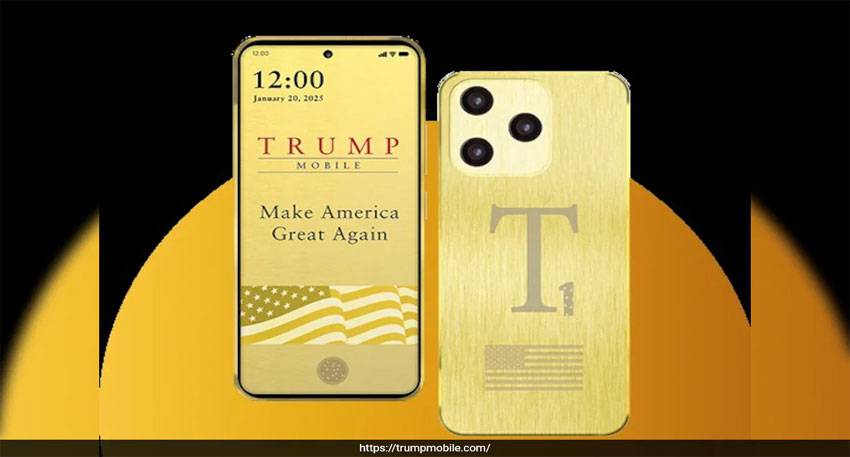
The company operates as a mobile virtual network operator, renting bandwidth from major carriers such as T-Mobile to offer its own service under a different name.
The head of the US Federal Communications Commission said on Thursday he had no discussions with the White House about the Trump Organization s self-branded mobile service and a $499 smartphone dubbed Trump Mobile.
FCC Chair Brendan Carr, who was designated chair by President Donald Trump in January, told reporters he had learned about the project through a public press release and had no conversations with anyone outside the agency about it.
"We re going to run our normal process if there s anything that needs to be done by the FCC on that," Carr said. "I think competition is a good thing - so think it s great we get more sort of entry, more competition."
Separately, Carr said the commission is continuing to review CBS-parent Paramount Global’s proposed $8.4 billion merger with Skydance Media. The FCC did not make a decision by the 180-day informal deadline in mid-May.
"We continue to run our normal course review on that one," Carr said.
Read more: Apple likely to launch iPhone 17 series in Pakistan soon
Trump has sued CBS, alleging the network deceptively edited a "60 Minutes" interview with 2024 presidential candidate Kamala Harris to "tip the scales in favor of the Democratic Party" and the former vice president in the election. Trump s suit is seeking $20 billion.
In January, Carr reinstated complaints about the "60 Minutes" Harris interview, as well as complaints about how Walt Disney s ABC News moderated the pre-election televised debate between then-President Joe Biden and Trump and Comcast s NBC for allowing Harris to appear on "Saturday Night Live" shortly before the election.
CBS has urged Carr to dismiss the complaint, saying it did nothing wrong and that the complaint aims to turn "the FCC into a full-time censor of content."




